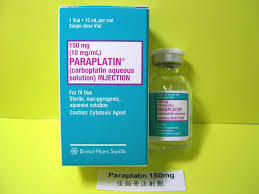
Paraplatin Injection
Product Details:
- Enzyme Types Other
- Feature Other
- Application Other
- Fermentation Smell Slight Smell
- Storage Instructions Room temperature
- Shelf Life 24 Hours
- Click to view more
Paraplatin Injection Price And Quantity
- 5000-10000 Piece
- 1928.95 INR/Piece
- 10.00 - 100.00 INR/Piece
Paraplatin Injection Product Specifications
- Slight Smell
- Other
- 24 Hours
- Other
- Room temperature
- Other
Paraplatin Injection Trade Information
- 10000 Piece Per Week
- 7-15 Days
- Asia Australia North America South America Central America Eastern Europe Western Europe Middle East Africa
- All India
Product Description
Carboplatin, the active component in the antineoplastic drug known as Paraplatin Injection, is used to treat cancer. It is a member of the class of chemotherapy medications known as platinum-based agents and is suggested for the treatment of a number of cancers, such as ovarian cancer, lung cancer, and some varieties of head and neck cancers. Cancer cells' DNA is harmed by paraplatin, which prevents the growth and replication of those cells. A medical expert administers the injection intravenously. Bone marrow suppression, nausea, vomiting, and hair loss are examples of frequent adverse effects. When used to treat certain tumours, paraplatin has shown to be effective, potentially benefiting patients and leading to better results. During treatment, close medical care is required.
Features of the Paraplatin Injection:
1. Carboplatin, a platinum-based chemotherapeutic medication used to treat cancer, is the active ingredient in paraplatin.
2. Broad Cancer Indications: Paraplatin is recommended for the treatment of a number of malignancies, including lung cancer, some forms of head and neck cancer, and ovarian cancer.
3. The drug is delivered directly and quickly, thanks to intravenous administration of the injection.
4. Customised Treatment: Based on the patient's unique cancer type, stage, and general health state, the dosage and frequency of administration are adjusted.
5. Precise Dosage Calculation: To ensure precise treatment planning, carboplatin dosages are calculated using a formula that takes the patient's kidney function into account.
Benefits of Paraplatin Injection:
1. Effective Cancer Management: Paraplatin has shown to be effective in treating a variety of malignancies, perhaps improving patient outcomes.
2. Treatment with carboplatin may result in tumour stabilisation or decrease, which can help slow the spread of cancer.
3. Adjunct to Other Therapies: To improve overall cancer management, paraplatin may be administered in conjunction with other chemotherapeutic drugs or therapies.
4. Paraplatin may be administered with either a curative or palliative goal, depending on the stage of the cancer. In cases of advanced cancer, it may be used to treat symptoms and enhance quality of life.
5. Neoadjuvant and Adjuvant Therapy: Paraplatin may be used as adjuvant therapy following surgery to lower the risk of cancer recurrence or as neoadjuvant therapy to shrink tumours before surgery.
6. Patients generally handle paraplatin well, and the majority of the time its adverse effects are tolerable.
7. Potential for Disease Remission: Paraplatin therapy has the potential to result in a partial or total remission of cancer in some patients.
8. Carboplatin is frequently included in combination regimens that are meant to increase the effectiveness of treatment for particular cancer types.
Individual responses to paraplatin injection may differ, thus close medical supervision and monitoring are required to manage any possible adverse effects and improve treatment success. Throughout the course of treatment, patients should speak with their medical specialists for personalised counsel and direction.

Price:
- 50
- 100
- 200
- 250
- 500
- 1000+

 English
English Spanish
Spanish French
French German
German Italian
Italian Chinese (Simplified)
Chinese (Simplified) Japanese
Japanese Korean
Korean Arabic
Arabic Portuguese
Portuguese
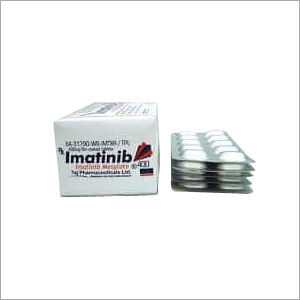
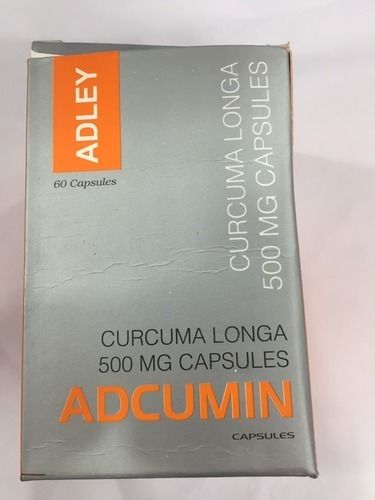
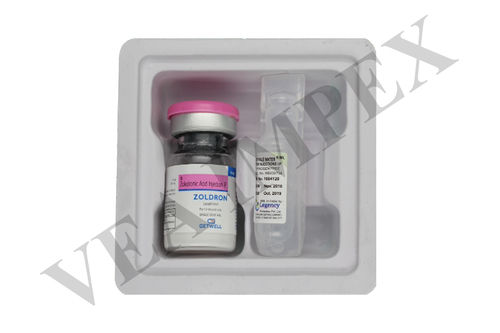
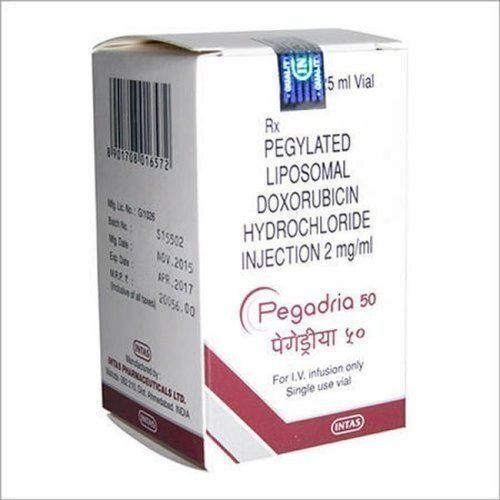
 Call Me Free
Call Me Free
